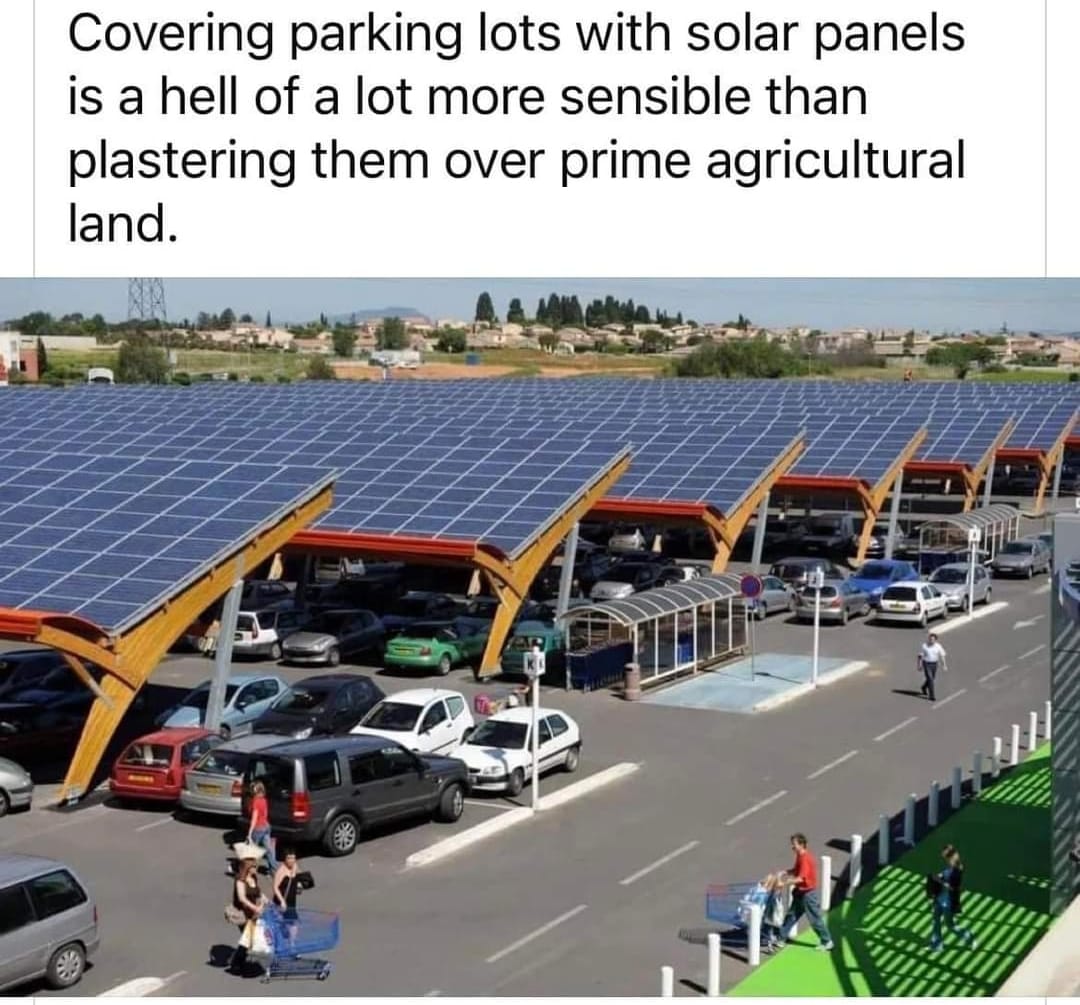this post was submitted on 13 Jul 2024
1017 points (100.0% liked)
196
16459 readers
33 users here now
Be sure to follow the rule before you head out.
Rule: You must post before you leave.
founded 1 year ago
MODERATORS
you are viewing a single comment's thread
view the rest of the comments
view the rest of the comments

And things like vertical bifacial solar panels can work especially amazingly on grazing land that isn't suitable for crops.
Counter-intuitive as they may look, they actually have a number of benefits:
The vast majority of the benefit comes from the fact that they are bifacial not vertical.
In fact depending on the weather a standard mount but with bifacial panels will outperform the vertical.
This guy here does a very thorough comparison.
Solar fencing produces 3% more yield and 30% more revenue than rooftop.
https://www.gridcog.com/blog/solar-fence-vs-ground-mount-solar